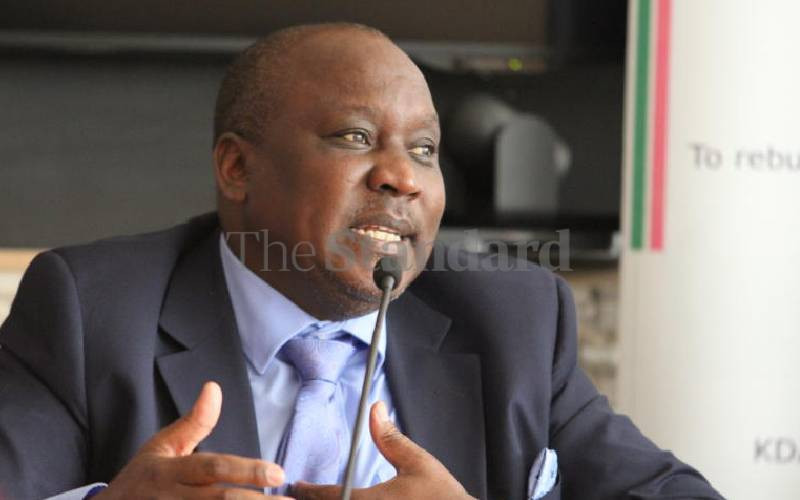×
The Standard e-Paper
Kenya’s Boldest Voice

Stakeholders and diaspora organisations have rallied together and urged the government to reconsider the proposed amendments outlined in the Finance Bill 2024.
This, they note, will ensure there is a fair and equitable tax system.